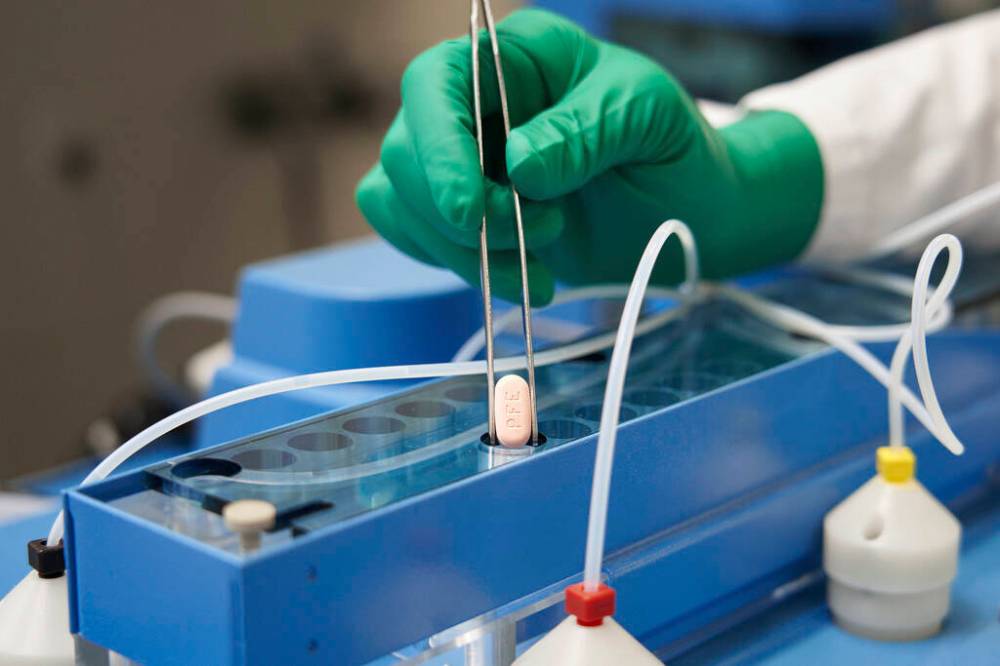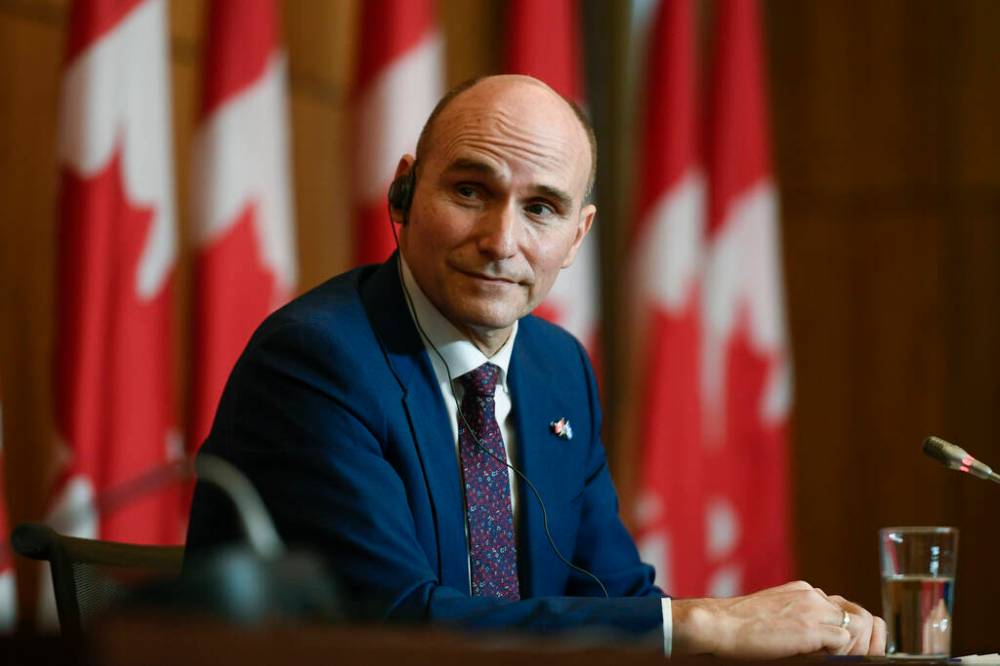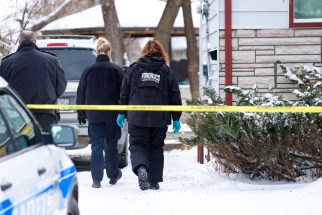Pill offers long-overdue dose of good news
Read this article for free:
or
Already have an account? Log in here »
To continue reading, please subscribe:
Monthly Digital Subscription
$0 for the first 4 weeks*
- Enjoy unlimited reading on winnipegfreepress.com
- Read the E-Edition, our digital replica newspaper
- Access News Break, our award-winning app
- Play interactive puzzles
*No charge for 4 weeks then price increases to the regular rate of $19.00 plus GST every four weeks. Offer available to new and qualified returning subscribers only. Cancel any time.
Monthly Digital Subscription
$4.75/week*
- Enjoy unlimited reading on winnipegfreepress.com
- Read the E-Edition, our digital replica newspaper
- Access News Break, our award-winning app
- Play interactive puzzles
*Billed as $19 plus GST every four weeks. Cancel any time.
To continue reading, please subscribe:
Add Free Press access to your Brandon Sun subscription for only an additional
$1 for the first 4 weeks*
*Your next subscription payment will increase by $1.00 and you will be charged $16.99 plus GST for four weeks. After four weeks, your payment will increase to $23.99 plus GST every four weeks.
Read unlimited articles for free today:
or
Already have an account? Log in here »
Hey there, time traveller!
This article was published 20/01/2022 (1419 days ago), so information in it may no longer be current.
Health Canada’s approval Monday of a new antiviral drug that promises to reduce severe illness from COVID-19 and alleviate pressure on overburdened hospitals could be a game changer.
Pfizer’s Paxlovid is an oral antiviral for adults that comes in pill form and is prescribed by a physician. Unlike existing approved treatments for the coronavirus, which must be administered intravenously or by injection in hospital, Paxlovid can be used at home.
Clinical trials have shown that if taken soon after the onset of symptoms, the new drug helps prevent the SARS-CoV-2 virus from reproducing in an infected patient and reduces the risk of hospitalization or death by 89 per cent.
The new drug helps prevent the SARS-CoV-2 virus from reproducing in an infected patient and reduces the risk of hospitalization or death by 89 per cent.
At a time when the pandemic has given Canadians little to celebrate, this new treatment could be the breakthrough many were hoping for to help return to normal life.
Paxlovid has some limitations: the new medication (which is a combination of two different drugs taken together, twice a day) must be self-administered within five days after symptoms appear. It is also meant for people with mild to moderate symptoms, not patients suffering from severe illness in hospital. The drug has not been approved in Canada for people under the age of 18.
However, when taken soon after testing positive for COVID-19, the treatment can dramatically reduce the chances that a mild or moderate sickness becomes severe or life-threatening.
To maximize the benefits of the new treatment, governments will have to ensure the drug is made available to those with the highest risk of severe illness. There are several challenges in meeting that goal.
The most immediate is that Paxlovid is expected to be in short supply globally for months. The federal government has ordered one million treatment courses of the drug, about 30,000 of which are already in Canada (another 120,000 are expected over February and March). Of the one million, Manitoba would receive roughly 40,000 treatment courses, if distributed on a per-capita basis.

The province must ensure Manitoba gets its share of that allotment, something the Progressive Conservative government failed to do when Ottawa was handing out rapid antigen tests.
The province must also ensure the new drug, which reportedly costs over US$500 per treatment course, is affordable to those who need it. So far, governments have said little about how Paxlovid would be distributed, or who would pay for it.
The new drug reportedly costs over US$500 per treatment course.
Health Canada has recommended that provinces prioritize the drug for individuals with the highest likelihood of severe illness. That includes people who are immunocompromised, those over the age of 80 whose vaccinations are not up to date, and people living in underserved communities, including First Nations. Prioritizing individuals whose vaccinations are not up to date – or who are not vaccinated at all – may raise questions of fairness. Some may ask why the unvaccinated should be rewarded for their stubborn refusal to get immunized.

However, governments must remain focused on the clinical objective of maximizing drug coverage for those at highest risk of severe illness; that includes the unvaccinated.
As federal Health Minister Jean-Yves Duclos reminded on Monday, Paxlovid, or any antiviral therapeutic, is not a substitute for vaccination. Immunization is still the most effective protection against the SARS-CoV-2 virus because it reduces the risk of infection and fights the virus before symptoms appear.
What this new drug can do is help reduce the severity of symptoms post-infection. Alongside vaccines, it can be a powerful weapon against the virus and help forge a path to a post-pandemic world.
It may be the best news the public has heard since the beginning of the vaccine rollout.







